Immigration Law and Social Justice
We are presenting this casebook on immigration law and policy from a social justice perspective. We believe that most law students interested in taking a course on immigration law have a social justice/public interest motivation. We think you are interested in representing immigrants facing deportation or who may fear deportation to their home country for social, economic, or political reasons. You also likely have a strong interest in the public policy debate over immigration visa reform, enforcement, or legalization because of the injustices you sense in current policies. Many instructors who teach immigration law (regular faculty members and adjunct professors) also come from a pro-immigrant perspective that regards the practice of immigration law squarely within social justice/public interest practice. We hope this casebook provides materials and a format that will enhance the classroom experience for students and instructors who approach the topic from that perspective. The content and organization (outlined in the table of contents) is broad and contains new topics such as detention, public interest/rebellious lawyering theories, lessons for public interest lawyers, and background on migration, globalization, criminalization, and racialization of immigration law. Our goal is to inspire our public interest students, while providing a solid way to analyze immigration law through a political and social lens and the foundation to practice effectively. Our pedagogy combines standard cases, but also stories of the lives of immigrants, transcripts, training manuals, academic articles, news articles, and other tools that social justice lawyers use. Our rationale in editing cases is to hone in on the parts of the cases that are necessary for an understanding of the courtâs rationale and some aspects of important dissenting opinions. We know that most of you come to the course already inspired to do good, socially-inspired work. Much of what has evolved within the world of U.S. immigration law and policy will disappoint and leave you upset. But hopefully, we have asked the right questions and pointed in particular directions that can help us takes some steps forward in achieving justice for immigrants, refugees, and their families. Included here are the detailed outline of contents and the introductory chapter.
{{comment.content}}
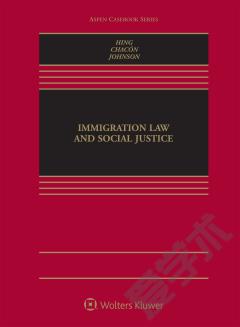
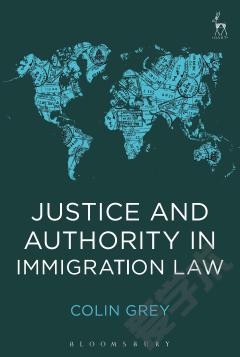

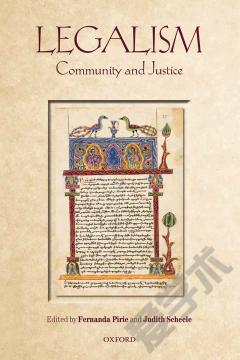
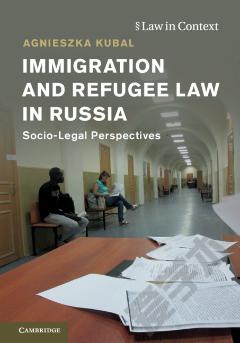

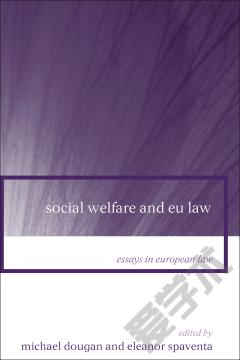

 京公网安备 11010802027623号
京公网安备 11010802027623号